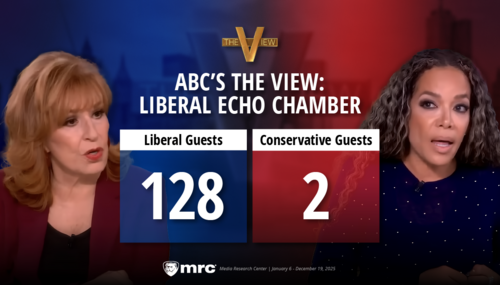One way to fight Big Tech tyranny might be a new Texas bill that aims to stop companies from discriminating against conservative viewpoints.
The bill by Republican state Sen. Bryan Hughes would prevent Big Tech companies from censoring conservative viewpoints online. “Senate Bill 2373 tries to prevent those companies that control these new public spaces, this new public square, from picking winners and losers based on content,” Hughes said at a committee meeting.
He added that any platform that presents itself as an open forum should be held accountable to act as an open forum that “shouldn’t be able to discriminate based on content.”

The example Hughes cited was that a recent pro-life ad by the Texas Senate Republican Caucus was censored on Facebook for being a “negative experience.” Facebook claimed that this was merely because they were trying to crack down on clickbait, and the caption for the ad asked for users to share it.
However, as noted for the hearing, a Senate property tax bill ad with similar “share if you agree” wording was not censored.
Harvard Law School lecturer Kendra Albert expressed doubts about the bill’s viability. “The federal law contains what we would call a ‘subjective standard,’” she said. “It's based on whether the provider thinks that this causes problems, whereas the Texas bill attempts to move it to an objective standard.”
Facebook spokeswoman Monique Hall claimed that these were both accidents because their “enforcement is not always perfect.”
Because it is difficult to determine what content is objectively offensive, federal law has left it up to tech companies to subjectively determine what they consider offensive. Hughes, a lawyer, reportedly told The Texas Tribune that he and several fellow lawyers looked over the bill and are sure that it does not contradict any federal laws.
The bill would operate via the Texas Deceptive Trade Practices Consumer Protection Act. This act protects users from being misled by companies. In this new bill, users who feel they have been censored on what should be an open platform would be able to file consumer complaints with the Texas attorney general. The attorney general would then decide whether to prosecute the platform.





